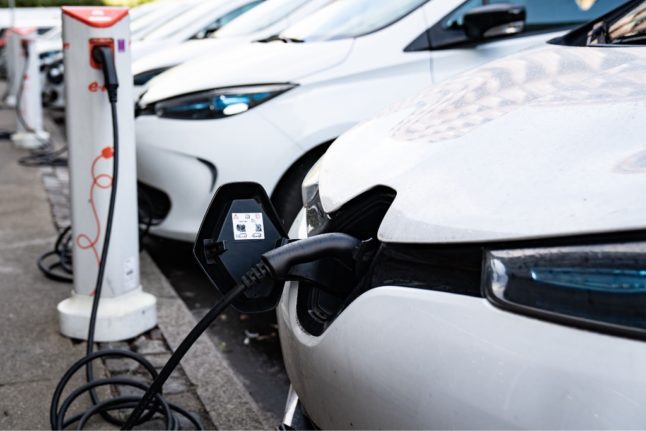Feasibility studies, which will be presented at the end of the year, will outline plans to set up charging stations and other infrastructure. Representatives will also be looking for “social balance” in the way this initiative is implemented, Rasmus Steenberger, urban development spokesperson for the Socialist People’s Party (SF), told newswire Ritzau.
In 2021, a political majority supported the ability of municipalities to create “zero-emission zones” where no cars with internal combustion engine can drive — however, this was never codified in law.
READ MORE: Copenhagen to get 1,000 new electric car charging ports
Somewhat predictably, a move that could boost sales of new cars is applauded by Danish car manufacturers. Mads Rørvig, managing director at industry interest group De Danske Bilimportører, said that the 2030 deadline gave citizens a reasonable timeline to upgrade away from old fossil fuel-burning vehicles.
“We know that the future is zero-emission cars,” Rørvig told Ritzau. “Electric cars will probably dominate the picture when we look a little further ahead. Therefore, we see it as quite natural that the City of Copenhagen will make this requirement in the future.”
READ MORE: Can ‘middle class’ Danish people afford to own a car?



 Please whitelist us to continue reading.
Please whitelist us to continue reading.
And what is the plan to recycle the eleven million tonnes of lithium ion batteries to be discarded by 2030? What is the environmental & human cost of producing electric batteries? “Amnesty International says the use of child labor, in the extraction of minerals used to make the batteries that power vehicles undermines ethical claims about the cars.
Climate change should not be tackled at the expense of human rights.